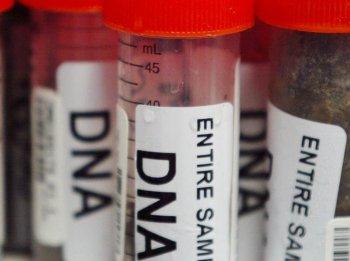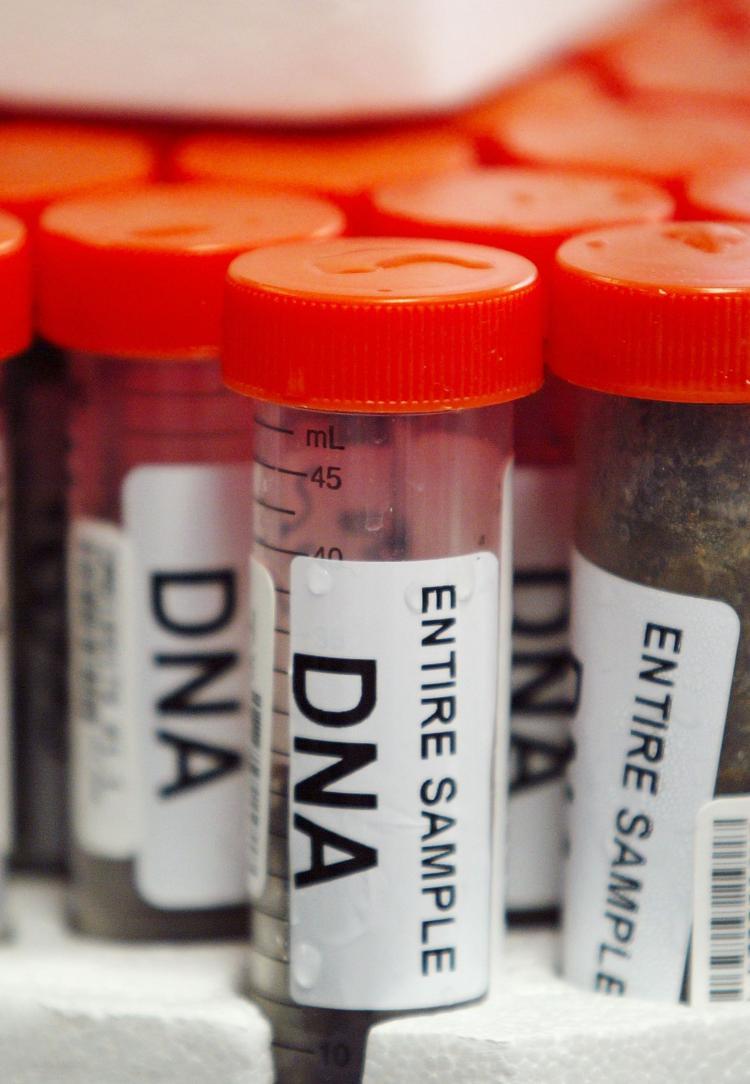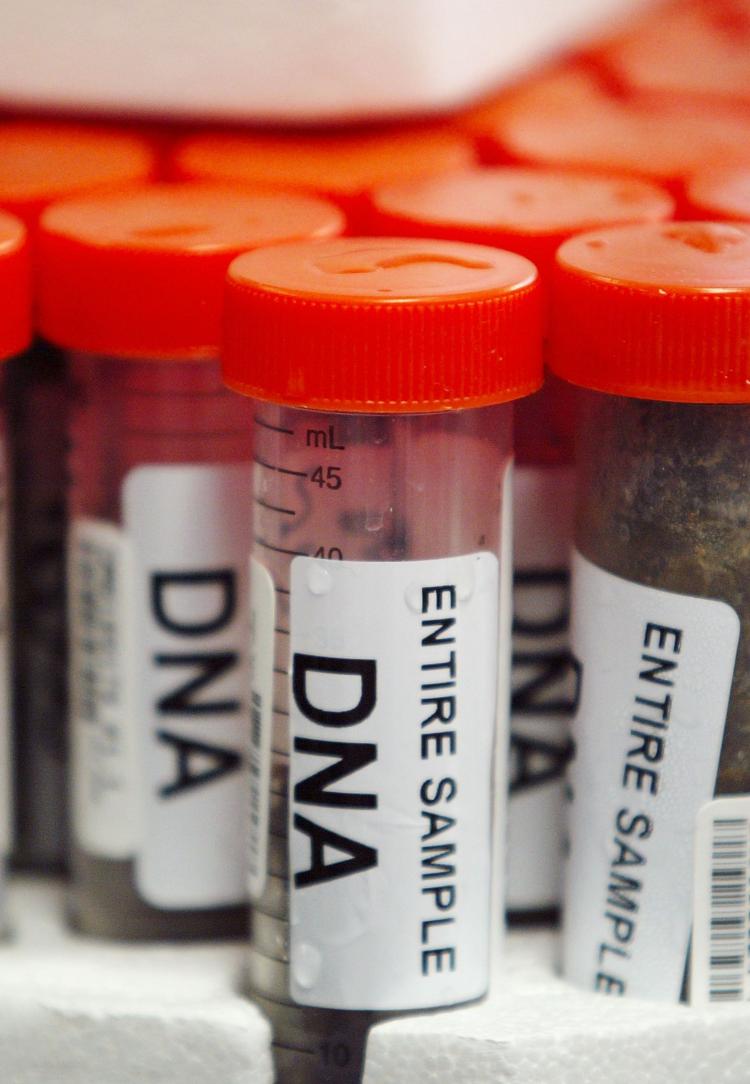California authorities are defending a law that requires police to collect DNA samples of all convicted felons.
The American Civil Liberties Union (ACLU) is challenging the program in a federal appeals court, charging that it violates personal privacy.
In 2004, California voters passed Proposition 69, which expanded on a previous law allowing authorities to collect DNA samples from suspects who had been convicted of a sex crime or a felony. The new law became effective in January 2009 and expanded DNA sampling to all suspects arrested on a felony charge. According to the California attorney general’s office, in the 18 months that the law has been active, authorities have identified over 900 felony suspects.
However, ACLU attorney Michael Risher argued in court that the program has expanded beyond the use of DNA and is now violating privacy rights.
Last year the ACLU challenged the law as unreasonable search and filed suit. A lower court had previously rejected the ACLU’s bid to suspend the program.
The ACLU is arguing that the government should not be allowed to take a “genetic blueprint” from someone who has not been convicted of a crime and alleges that the DNA collection is an unconstitutional search and seizure.
“I shake hands when I meet people—I don’t let them put things in my mouth,” said Fisher.
Fisher adds that DNA collection is inherently more intrusive in that it is a type of “body cavity search.”
Attorney General Edmund G. Brown defends the program, claiming that DNA collection is the equivalent of fingerprinting anyone who is arrested.
“California is at the forefront of solving crimes through new and innovative uses of DNA technology, and I intend to do everything in my power to defend the state’s ability to reduce crime by collecting DNA from those arrested for felonies,” said Brown.
Recently, the program was credited with the capture of Lonnie Franklin Jr., the “Grim Sleeper” serial killer, when authorities were led to him from a DNA sample taken from Franklin’s son who was jailed on an unrelated charge.
Brown says that the program is accomplishing its purpose—to identify suspects.
The American Civil Liberties Union (ACLU) is challenging the program in a federal appeals court, charging that it violates personal privacy.
In 2004, California voters passed Proposition 69, which expanded on a previous law allowing authorities to collect DNA samples from suspects who had been convicted of a sex crime or a felony. The new law became effective in January 2009 and expanded DNA sampling to all suspects arrested on a felony charge. According to the California attorney general’s office, in the 18 months that the law has been active, authorities have identified over 900 felony suspects.
However, ACLU attorney Michael Risher argued in court that the program has expanded beyond the use of DNA and is now violating privacy rights.
Last year the ACLU challenged the law as unreasonable search and filed suit. A lower court had previously rejected the ACLU’s bid to suspend the program.
The ACLU is arguing that the government should not be allowed to take a “genetic blueprint” from someone who has not been convicted of a crime and alleges that the DNA collection is an unconstitutional search and seizure.
“I shake hands when I meet people—I don’t let them put things in my mouth,” said Fisher.
Fisher adds that DNA collection is inherently more intrusive in that it is a type of “body cavity search.”
Attorney General Edmund G. Brown defends the program, claiming that DNA collection is the equivalent of fingerprinting anyone who is arrested.
“California is at the forefront of solving crimes through new and innovative uses of DNA technology, and I intend to do everything in my power to defend the state’s ability to reduce crime by collecting DNA from those arrested for felonies,” said Brown.
Recently, the program was credited with the capture of Lonnie Franklin Jr., the “Grim Sleeper” serial killer, when authorities were led to him from a DNA sample taken from Franklin’s son who was jailed on an unrelated charge.
Brown says that the program is accomplishing its purpose—to identify suspects.



